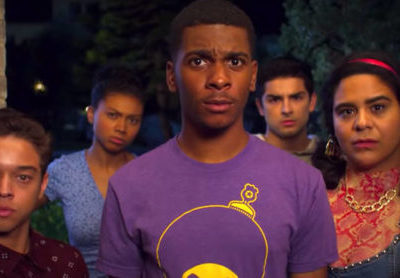Depending on where you are in the world, you may recognize two different types of racists: the bold and the silent. Black people can spot the bold ones. They’re loud, they’re forward and easy to spot on social media platforms like Facebook. The silent ones, however, pack even worse of a punch. It’s harder to navigate their racist tendencies because they’ve become harder to detect. We’re tired of the excuses. The response should never be, “I didn’t think I was being offensive,” but rather “I’m sorry I offended you.” The accusation of being racist is never an easy pill to swallow. Especially, if you don’t know how you were being offensive.
Here are 10 common microaggressions that are (mm hmm) racist, and why they are offensive.
1. “I don’t see color.”
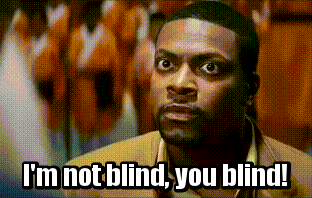
Your “color blindness” does not excuse you from facing your own prejudice. If you don’t see the difference between white skin and black skin, you may want to do some reading. Black and Indigenous People of Color do not have the same experiences as white people do in America. These experiences even come down to the simple act of buying a pack of skittles. If you don’t see color, you don’t see me, you don’t see my struggle or the fact that my life matters.
2. The White Gaze
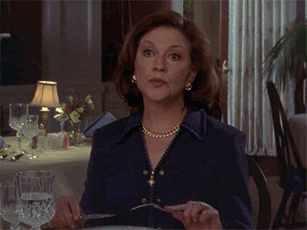
Did sis with the braids come into your class with straight hair the next day? Are you teaching a class about black history? Please don’t stare at the very few black students in the class. The white gaze, as characterized by Toni Morrison, traps black people under the façade that their blackness is inferior to whiteness. “It is the white gaze that paints Black people as the villain of history, when in fact Black people are the victims of white-narrated history. The white gaze in itself is violence, it is policing, it is oppressive, and it is murderous. The white gaze is a threat to Black life,” GWU graduate Udochi Esomonu said. Don’t burden a black person with your disapproval of how they speak, act and look. Don’t make them feel more like the oddball out by staring them down. Believe me, they know when they’re the only black person in a room.
3. Dismissiveness & Deflections
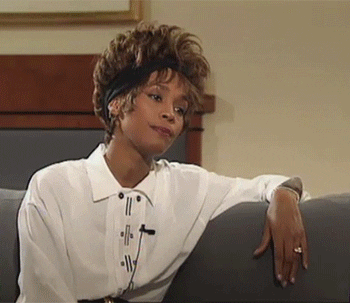
Pay attention when a black person is speaking. On a daily basis, we carry the burden of systemic racism and microaggressions from almost every encounter we have with a white person. If a black person is in a conversation with you, just listen, even if you’re uncomfortable. When a black person puts themselves in a vulnerable position to share their trauma and reopen a vault of repressed emotions, they deserve the proper attention. Do not jump to validate them with experiences of your own. Body shaming, sexism and whatever else you think matches up to the experience of the black American is not even near close. Just listen to them.
4. “I have a black friend.”
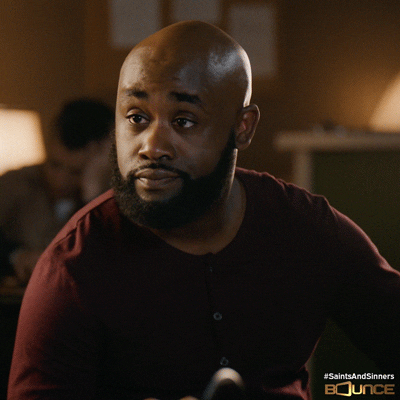
Sheesh. If your rebuttal to a racist accusation is the fact you have a companion with a dark skin color, you’re missing the point. Black people are not accessories or safety nets when your prejudice is exposed. You can have as many black friends as you want and still have racist tendencies. The statement is a deflection. If someone is accusing you of being racist, examine yourself. Don’t use your black friend minding their business to make yourself feel better.
5. Inappropriate Input
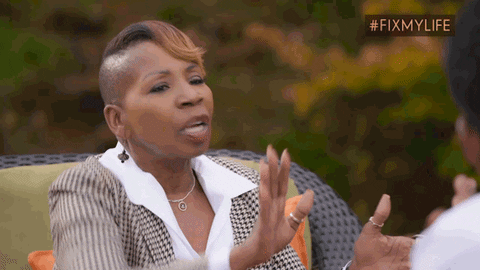
I understand if the name of Splash Mountain or the Aunt Jemima label never bothered you. What a privilege to not have to deal with the monetization of racial stereotypes! However, if your black counterparts are obviously upset about something affecting them, let them have their voice. You are invalidating their feelings by stating something is not a “big deal” to you. Once something has to do with black people, they have the floor. Once again, just listen!
6. Blaccents and Abuse of Ebonics
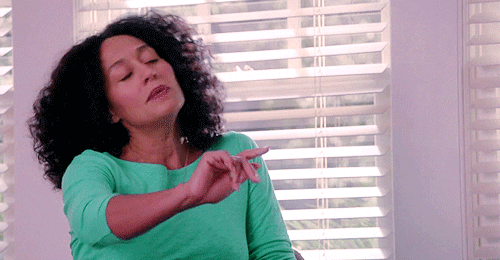
I can’t lie and say when a non-BIPOC calls me “sis” I don’t visibly cringe. Don’t try to be hip around a black person by speaking like they do. You sound like you’re mocking them. African American Vernacular English/Ebonics is a common language among black people. Appropriating the lingo for your Twitter rants and conversations with black people is disrespectful. “To me, Blaccents are the modern day blackface. It is a destructive concept in which non-black celebrities continue to perpetuate this Jim Crow based stereotype that Black people sound “ghetto” or “uneducated” and all they are good for is to entertain people because of the way they sound or speak,” Dominican College graduate Maritza Jean-Charles said. You don’t have to try to be like me to treat me like a human being. You also don’t have to talk like me to seem “cool.”
7. “What about black on black crime?”
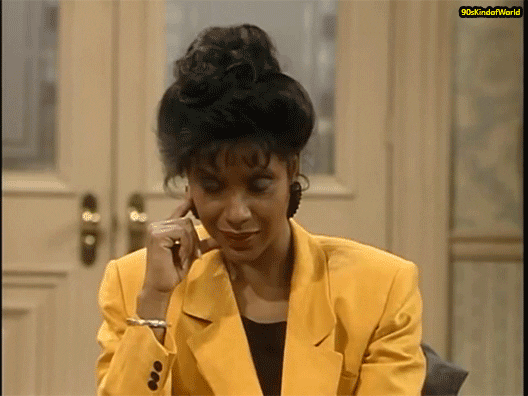
Black on black crime does not exist. The term is used to put a magnifying glass on the issue of crime in predominantly black neighborhoods. Forget the numbers and the stats. The simple fact is when you place a group of people in a neighborhood without proper resources and education, they are likely to lead a life of crime. Those people tend to be black people most of the time. “What people are seeing is a result of over policing and lack of community funding. White communities don’t have the same issue because they aren’t as heavily policed and have better access to proper healthcare, community programs, and aren’t systemically disenfranchised by their environment,” GWU junior Peyton Wilson said. Also, for our current climate, our fight against police brutality stems from the fight against racism. There’s a deeper hole to dig. Find me with my picket sign.
8. Denying White Privilege
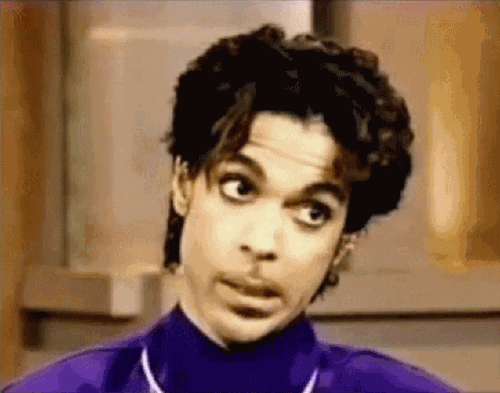
The greatest way to recognize privilege is to be mindful. Could a hairstyle cost you an interview? Can you shop without being followed? Or could the act of being pulled over mean your life could be taken? If you can say with confidence “no” to those questions, remember your black counterparts say “yes” every time. That’s what privilege looks like. Privilege isn’t measured by how hard you or your parents work. The scale begins and ends at skin tone. However, you can use your privilege to really push forward the movement for black human rights.
9. “My friend/family member isn’t a bad cop.”
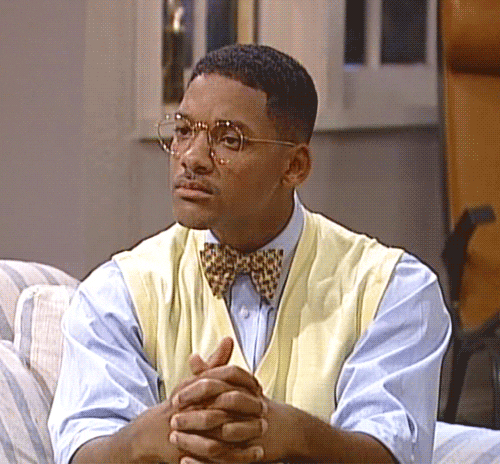
Let’s start with trashing the “few bad apples” myth. It only takes one to spoil the rest. If your good cop friend or family member isn’t speaking up about the bad cop, that’s a problem. If they were a witness to a bad cop doing something bad and didn’t say anything, that’s a problem. We call this being complicit. Their silence, even in the precinct, is dangerous toward black lives. Your “good cop” deflection merely puts a Band-Aid over the whip marks the black community is still recovering from. I believe in good cops. But the bad ones steal the limelight every time they kill another brother or sister.
10. “All lives matter.”
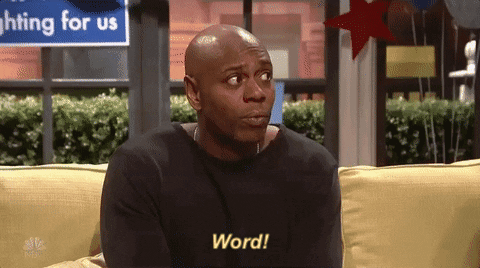
The statement is true. Every word. Black Lives Matter does not mean all lives do not. Black lives have been endangered since the day they arrived on the eastern shores. They were physically and psychologically depleted for centuries. They were hung on trees for entertainment. Their lives are consistently taken by police. Black lives are consistently neglected, disregarded and deemed disposable under a system who worked harder to harm them than they do now to protect them. All lives will matter when all lives include black lives too.

